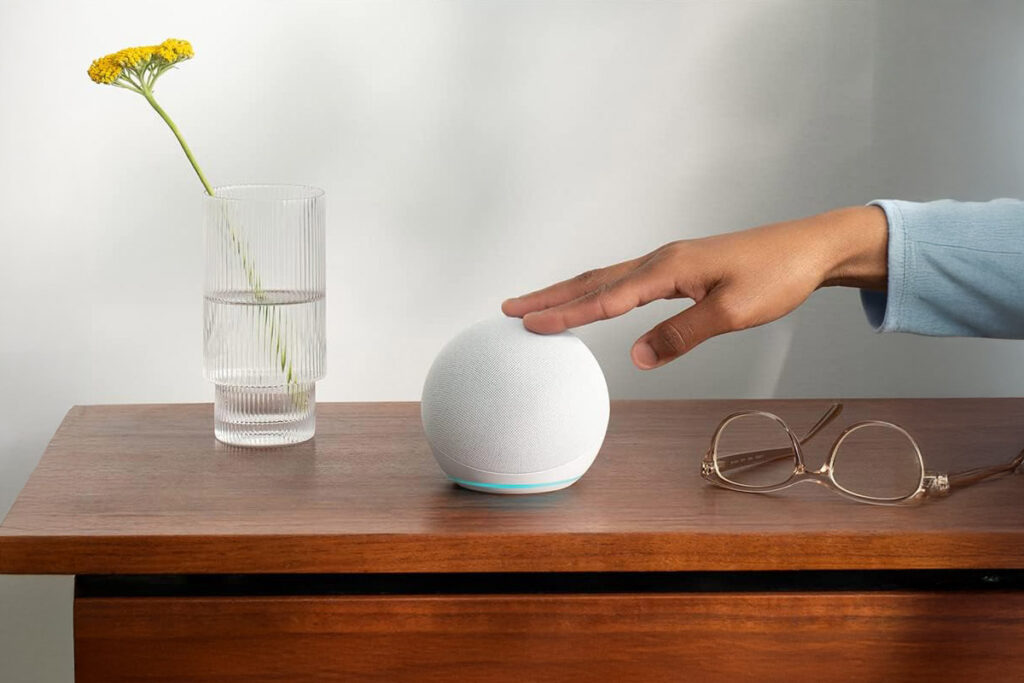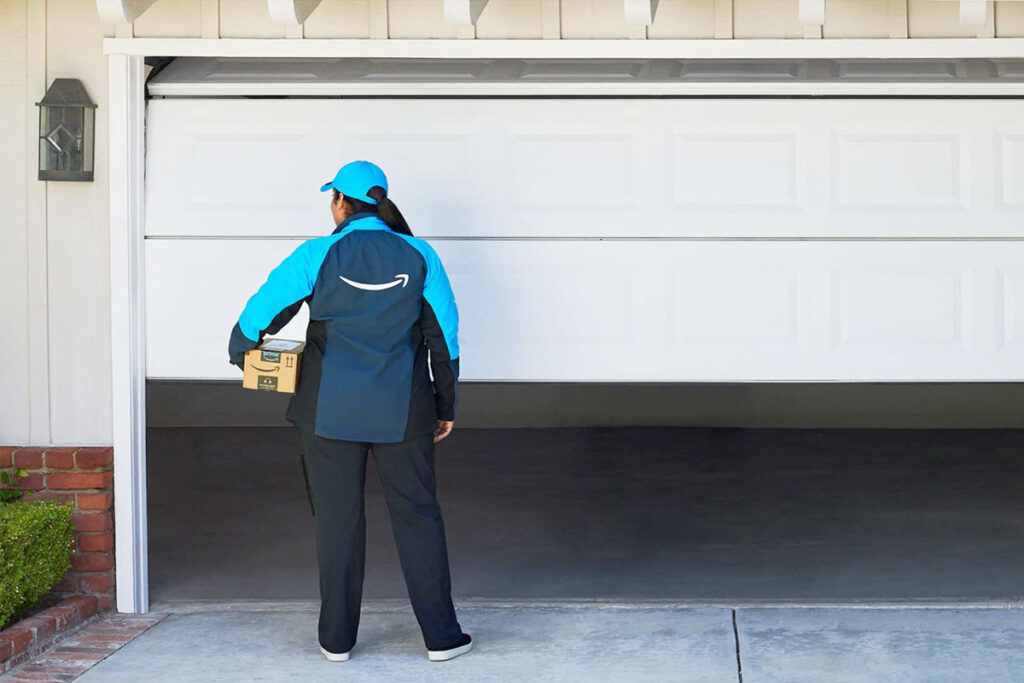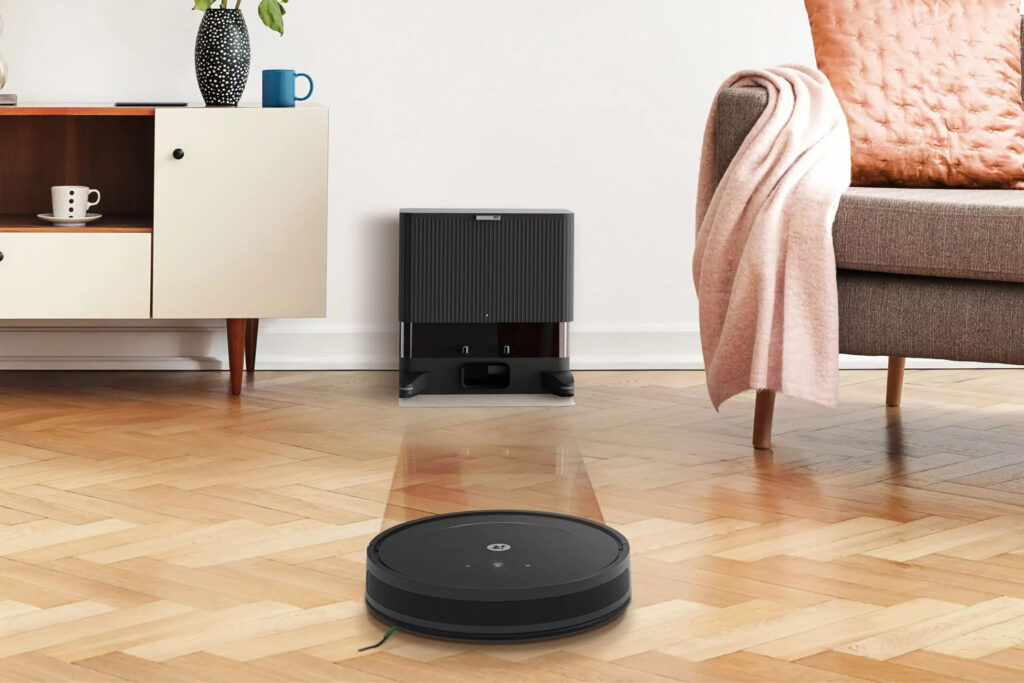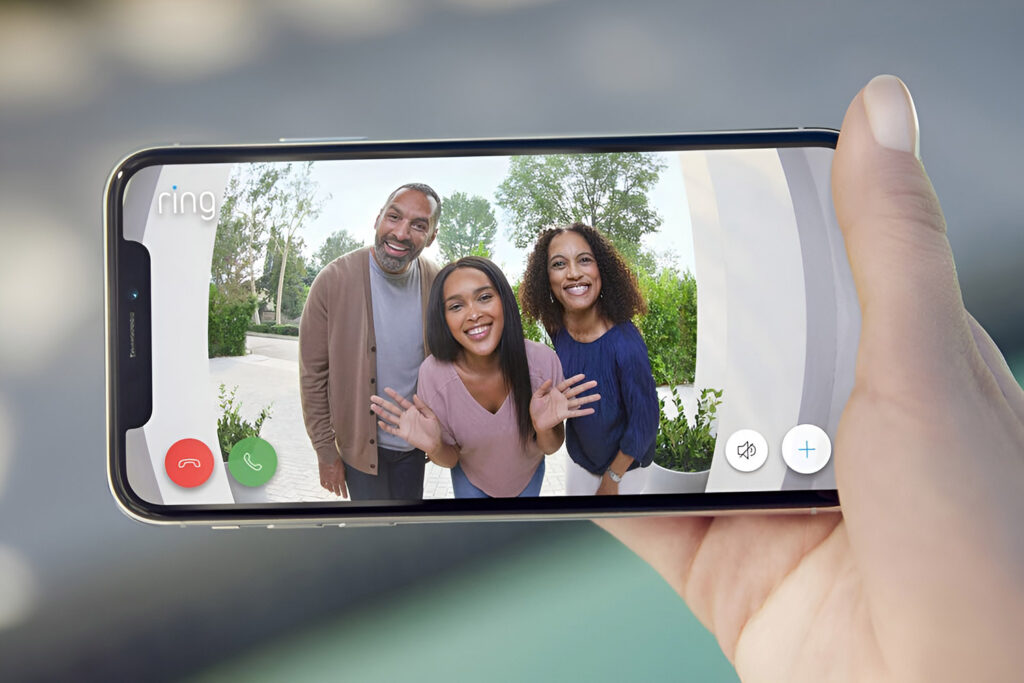In this post:
An announcement was welcome news to many in smart home circles: that all the major smart home manufacturers and developers were getting together to produce a standard way for smart devices to speak to each other. This is called Connected Home over IP.
Connected Home over IP will see Amazon, Apple, Google, SmartThings (Samsung) and Zigbee work in alliance to standardize the way that their smart home devices speak to each other – allowing them to work with each other better than every before (in theory!).
Connected Home over IP background
As mentioned above, Connected Home over IP involves all the big smart home companies coming together and agreeing a standard way for their devices to speak to each other.
This means that as long as everyone follows this new standard properly, we can buy smart devices from a range of different companies and they'll all work seamlessly together. This will be a big improvement on the current situation, where some devices “support Alexa”, some “support Google”, some are ‘Z-wave only', etc etc.
Connected Home over IP (CHIP) is technically in competition with the W3C's Web of Things project, however CHIP is backed by all major smart home players and so I'd guess that this new standard will be the main smart home standard.
If this standard doesn't work out well, we'll be stuck with the current position which is that if you have dozens of smart home devices, you'll probably need to buy a proprietary smart home hub which supports WiFi, Bluetooth LE, ZigBee, Z-Wave, Kidde, Lutron ClearConnect and all the other ‘smart home standards' – otherwise managing your smart home can be frustrating.
Why “over IP”?
Many current smart home communication methods rely on radio waves for devices to communicate, such as Z-Wave and Bluetooth LE.
Whilst this isn't a bad thing necessarily (WiFi is also radio waves, after all), a bunch of proprietary communication standards is a bit unnecessary when so much of the old uses TCP/IP nowadays.
“TCP/IP” is just a fancy way of saying “the internet”, by the way.
In other words, the Connected Home over IP standard will use existing internet technologies for devices to communicate with each-other. Re-using widely used internet technologies means that lots of existing internet-based software and hardware can support CHIP without any further changes.
This means that you won't need to go out and buy a new Echo or Google Home device to support CHIP, because they are already internet-based.
Zigbee CHIP Webinar
On 15th December 2019 at 7:30am PT, the Zigbee Alliance put on a quick 30 minute webinar to provide some further information for how people and companies can get involved with the Connected Home over IP project.

Webinar information (not directly on the PDF slides)
You can download the PDF slides above however the actual webinar did not get recorded, so I have typed up any information I found useful that isn't available on the PDFs.
- Elizabeth Bunker (their Senior Director of Operations and Finance), Jon Harros (Director of Certification and Testing Programs) and Ann Marie Olivo-Shaw (Marketing Director) all spoke at times, with Ann doing the intro and general webinar organisation and then Elizabeth and Jon fielding questions and parts of the presentation as relevant.
- It was mentioned that Ikea, Apple, Google and Resideo joined the Zigbee Alliance in December, mainly due to this new push for a standard – i.e. for Connected Home over IP.
- If people (well, companies) wanted to actually drive and develop the standard, this is only open to people at the Zigbee Alliance Participant (and above) levels – i.e. which has $15,000 per year membership fees.
- This is therefore for big companies, but individuals and smaller companies are free to contribute to the open source code repository. This requires signing a Contributor License Agreement (a CLA), which is standard for projects like this.
Q&As
There was then a question and answer session, covering:
Will Nest and Amazon products work with the new standard?
The answer was that the Connected Home over IP project is at a very early stage, so you'd have to ask the manufacturer (i.e. Google and Amazon) directly.
I'm assuming that they'd also say it's too soon to say, too, but I'll keep you posted!
What enterprise support will there be, since many smart home devices run inside enterprise companies?
Jon Harros replied that this hasn't yet been decided.
How will CHIP work with the IETF standards (such as IPV4/IPV6)?
Jon Harros said that CHIP will work on top of the existing IP stack, so there wouldn't be any immediate need/plans to work directly alongside the IETF.
Background: this question is referring to the fact that the International Engineering Task Force produce specifications for things like the Internet Protocol (IP), and so the question was wondering whether CHIP needed to work very closely with the IETF.
Is CHIP a direct competitor to W3C's standard, or will they work together as the W3C standard is further along?
Jon said that there were no plans to work directly with the W3C (on their Web of Things standard), but that it “may be possible” to enter into dialogue with them on certain things.
But again, it is too soon to say.
Where will the open source repository be located?
Elizabeth said that this hasn't been decided yet, but that as long as you have registered your interested on the CHIP homepage, you will get an email once the repo is available.
This is what was mentioned on the call, but the CHIP homepage actually says that it will be hosted on Github. Unless they've changed their mind, I'm assuming it will actually be on Github after all – I'll mention it here once it's available.
As an open source initiative, can individuals and Universities/Non-profits join the working group?
Elizabeth said that individuals and non-profits are better aimed at contributing to the open source code repository, but that Universities would be welcome to join at the participant level (which as a reminder is the $15k per year membership level).
There will be a two hour meeting this Friday, but only for paid up members, if further specific information is wanted.
Will there be physical face-to-face meetings happen for paid up members?
Yes, in February there's one in Austin, Texas. In June there is one in Europe, following by one later in the year (I think they said October?) in China.
My thoughts following the webinar
To be honest, it didn't really say anything more than the CHIP website says. Nonetheless, it was good to see that the Zigbee Alliance are fully in favor of this new standard and they seem excited about it.
It's also good to know that those who know programming are welcome to contribute to the open source code repository.





